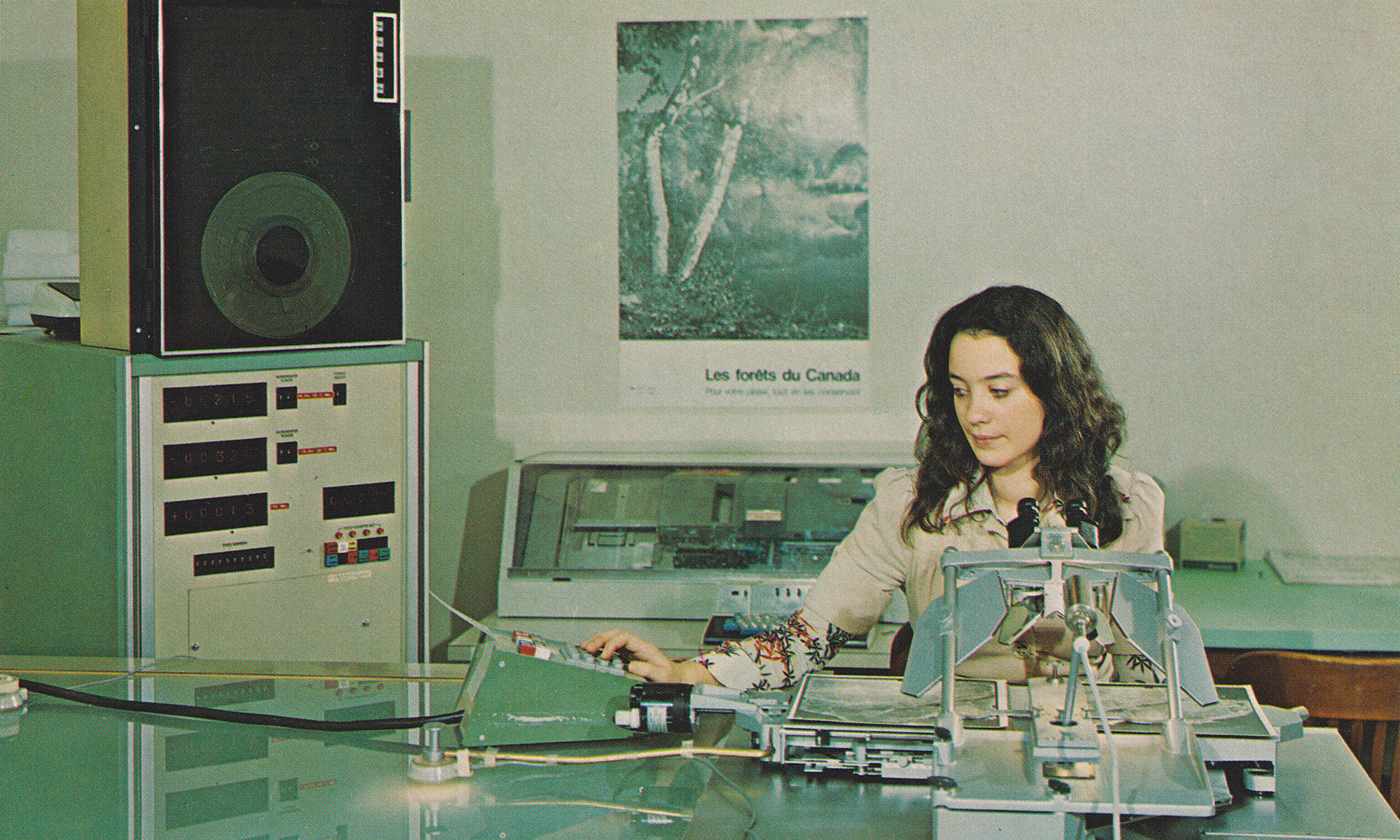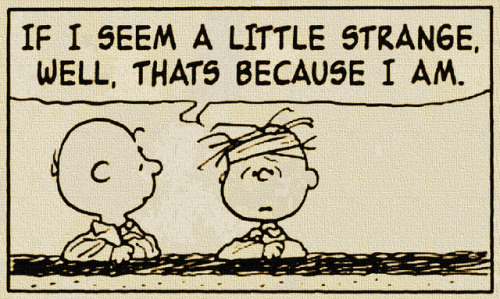
How Much Happier Would We Be
…if we were more like dogs.


Shower Thoughts
Most people are more interested in the daily life of celebrities than in science, and that shows how doomed humanity is.
365 Days of UNF: Day 160
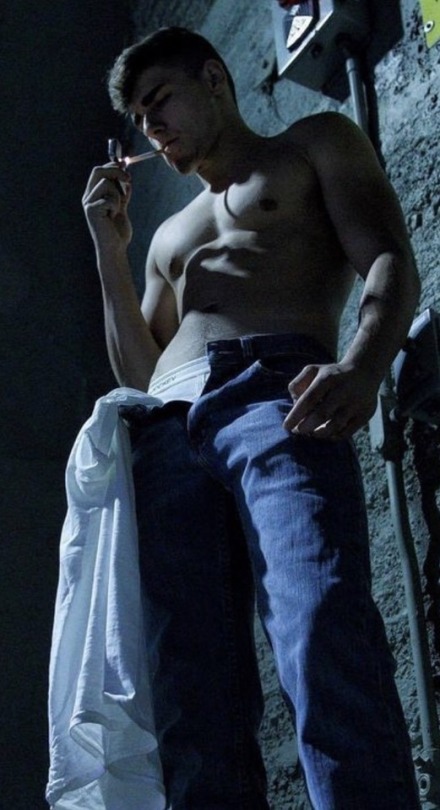
Hey Big Guy, Need Some Help With That?




Mirror Mirror On The Wall (NSFW)



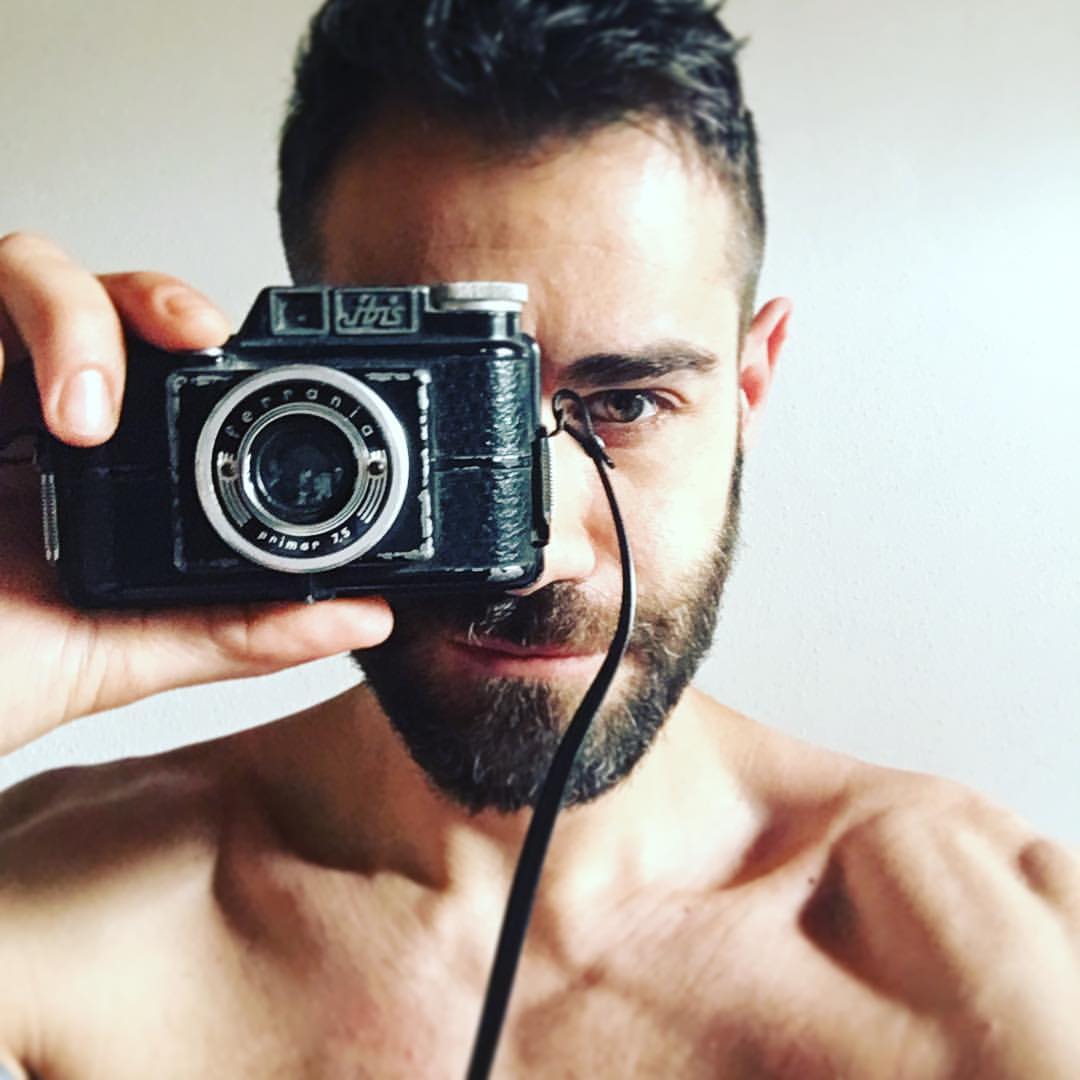



































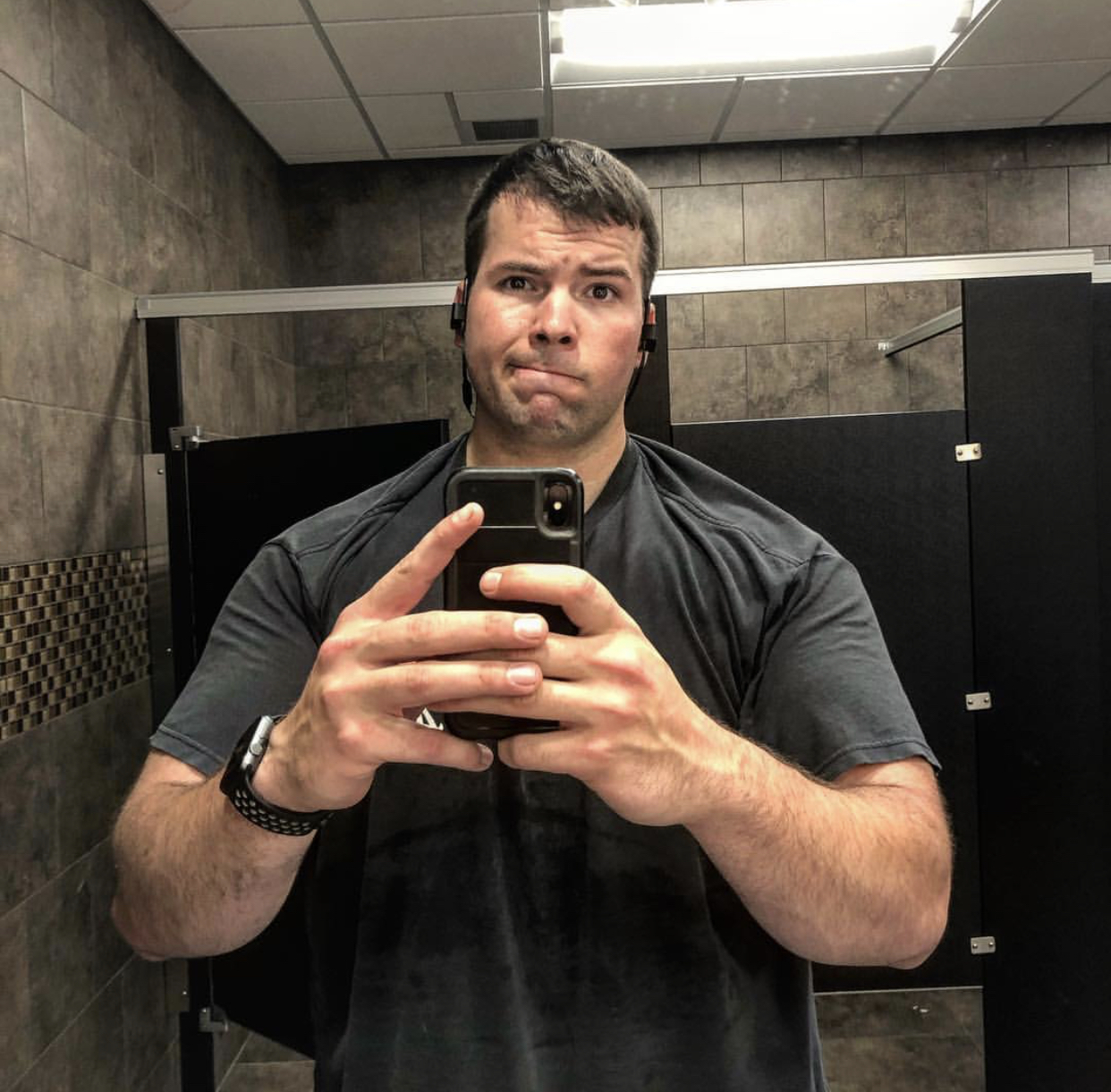






Enjoy the Gun Show







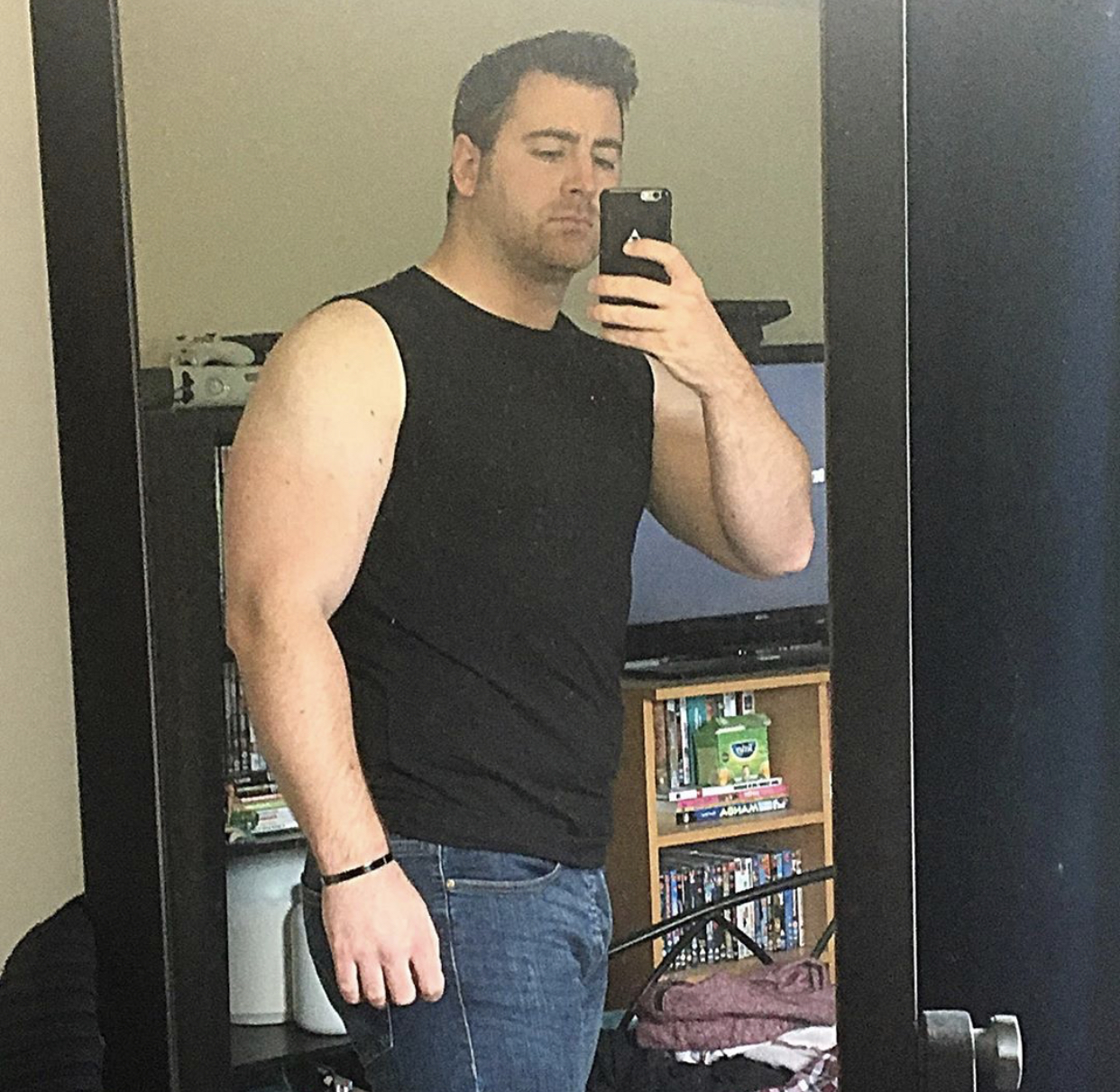
Not stalking him, I swear. But he is very nice to look at, don't you think?
Just a Nibble. I Promise.


Just Because




Fuck Trump

365 Days of UNF: Day 159

365 Days of UNF: Day 158 (NSFW)

365 Days of UNF: Day 188

365 Days of UNF: Day 157
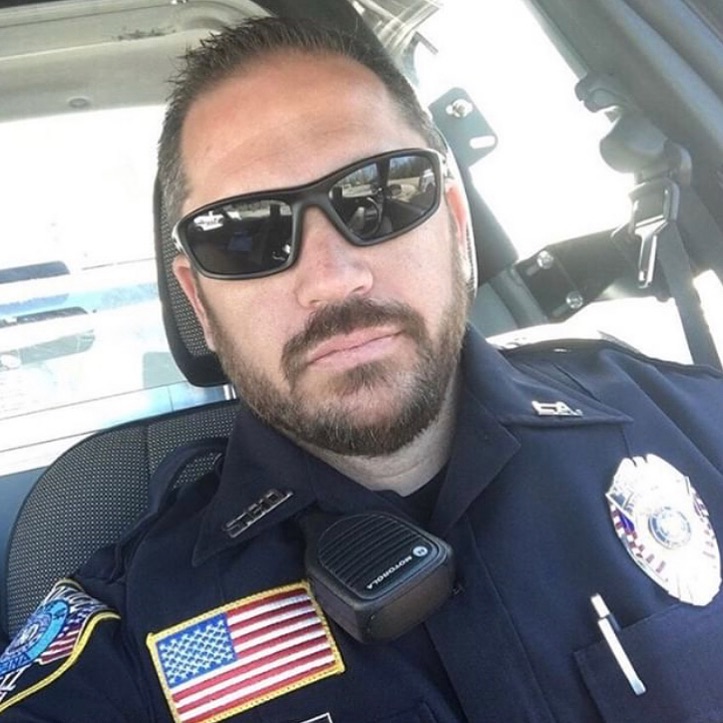
This One Can't Wait for a Daily Post

Fuck…!
I Appreciate You
I appreciate you, my readers…even those of you who never leave comments.
I was having dinner last night with a friend whom I met fifteen or so years ago through blogging, and we were commenting on how few active bloggers still remain from those days (my friend ironically being one of those who abandoned the medium years ago). Great times were had in the mid 00s. I mean, I probably never would've met Ben if we both hadn't been blogging.
So again, I say thank you to all of those readers who have stuck with me and have endured my ramblings over the past decade and a half. I know it doesn't seem like I actually write much these days (at least not the way I did in the beginning) because it seems there are so many other voices out there—far more knowledgeable on the topics I would write about that you should be reading.
Today I've all but thrown up my hands at the state of politics, and while my tirades early on in this blog helped relieve some of the frustration I'd been feeling with Bush Jr. (seems like a walk in the park now, doesn't it?), screaming into the Void now is doing nothing to alleviate my deep fear that the Orange Russian Wig Stand currently occupying the White House will, through his arrogance and sociopathic narcissism bring about the end of civilization as we know it. Maybe that's being overly dramatic and actually attributing way more power to him than he possesses or deserves, but my first thought upon waking every morning is, "We're still here. The asshole didn't start WWIII overnight."
I could laugh him off as the clown he is if it weren't for his obvious mental instability and the fact his finger is poised over the nuclear planetary reset button. My outlook for humanity surviving this century is growing bleaker with every day he is allowed to remain in the Oval Office, and there's no reason for me to burden you any further with that kind of content when we're all being bombarded with it from every direction already. Assuming we survive his occupation of the White House, it will take decades to repair the internal damage he's wrought, not to mention our standing in the international community.
So please continue to come/cum for the menz and the other silly stuff I post. I mean, what else have you got to do?
365 Days of UNF: Day 156

Released 40 Years Ago Today
Chic: Good Times (1979)
And speaking of summers of good music…!
Released 35 Years Ago Today
https://youtu.be/suh-y7_KJZc
Shiela E.: The Glamorous Life (1984)
The summer of '84 was so full of good music.
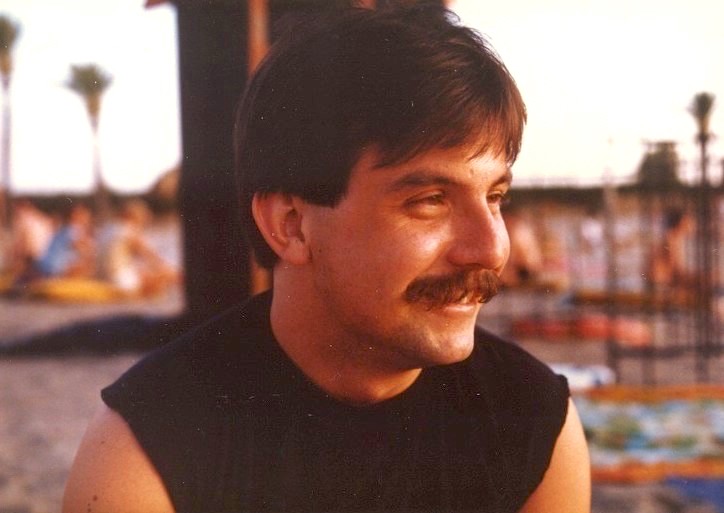
I Don't Particularly Like Country Music
But I do like this.
More info here.
Released 31 Years Ago Today
Seems like only yesterday.
https://www.youtube.com/watch?v=cBYd2oW9o9I&list=PL-UWPlRIl68rznjyCvU4PbLtQLomZynXy
Sade: Stronger Than Pride (1988)
The Most Horrific Horror Story

What you need to know about Chernobyl, HBO's 5-episode miniseries from Craig Mazin, is that you cannot understand how deeply it will destroy the very fabric of your being until you see it. Which is, strangely, analogous to the fallout from the meltdown of Chernobyl reactor #4. As it was happening, and in its immediate aftermath, no one understood what it meant. "You are dealing with something that has never happened on this planet before!" says scientist Valery Legasov (Jared Harris) when attempting to impress upon the Kremlin the unknowable scope of the event, which took place in April of 1986. But for us in 2019, we do know. At least, we know that simple, almost mundane scenes of children playing in the radioactive ash and men at the power plant letting irradiated water splash all over them equals death. But as a first responder picks up a rock and looks at it curiously, his hand melts away, and others start to know things too.
As a viewer you know the history; you know the monster is on the other side of the door and you find yourself screaming, "Don't go in there! You're going to DIE!
___________________________
"Chernobyl" is not an easy show to watch.
Nor should it be. The 1986 explosion at Chernobyl in present-day Ukraine was the worst nuclear accident to date, which killed hundreds of thousands and still affects millions more. But HBO's five-part miniseries is hard to watch for reasons beyond those harrowing facts and graphic images of the immediate effect of radiation on the Chernobyl plant workers and first responders, the omnipresent column of black smoke belching from the reactor's core, or even eerie footage of the residents of the nearby factory town of Pripyat, gathered convivially to watch the fire burn while their children chase radioactive ash like snowflakes.
"Chernobyl" is so hard to watch because of the all too human themes creator Craig Mazin has woven into his masterful script. Mazin and his team have done their homework, immersing themselves into the history, science, and even the tick-tock of Chernobyl, as well as first-hand accounts in Nobel prize laureate Svetlana Alexievich's "Voices from Chernobyl: The Oral History of a Nuclear Disaster." Watching the show is a crash course in nuclear physics, but more importantly, it is a thought-provoking exploration of the importance of truth and the nature of self-sacrifice.
"The truth doesn't care"
"We live in a time where people seem to be re-embracing the corrosive notion that what we want to be true is more important than what is true," Craig Mazin says of the series. "It's as if truth has become a joke. One of the most important lessons of "Chernobyl" is that the truth does not care about us. The Soviet system was soaking in this cult of narrative, and then one day the truth erupts. This is why this story is more relevant than ever."
Truth—and the lack of it—is front and center in Episode One. The series' protagonist, Valery Legasov (Jared Harris) sits alone in his Moscow flat with a small cassette player, attempting to grapple with the truth of Chernobyl two years after the incident. Minutes later, we are plunged into chaos and confusion in the Chernobyl control room just seconds after the explosion. Anatoly Dyatlov (Paul Ritter), the plant's senior engineer, systematically ignores the increasingly alarming information his subordinates bring him that the reactor's core has exploded. Again, and again, Dyatlov insists that an explosion is impossible, and continues to issue orders that will consign his already doomed men to more immediate and agonizing deaths from radiation.
Fear is pervasive in the control room, but the cause is not just the alarming reads on the radiation meters (the more sophisticated and accurate meter is locked in the safe and no one has the key— a marvelously Soviet moment). No, the more pressing issue, we learn through snatches of conversation, is that the accident may have been the result of a safety test performed hours before. This is the real specter that haunts Dyatlov and the men in the control room: that they may be blamed for the damage caused by the accident. Their immediate concern is not the reactor as much as containing the damage to their reputations and job security.
If we find this ludicrous, the incredulity of all the characters suggests that worrying about their jobs is an easier problem to get their heads around than a seemingly impossible explosion in a nuclear reactor, something, as Legasov later states, "has never happened before on this planet."
But Dyatlov doggedly continues to insist that everything is fine, the damage is minimal, as are the radiation levels, and he passes this doctored information and, with it, his damage control agenda up the chain of command.
Truth is again relegated to the sidelines as the plant's apparatchiks, Director Bryukhanov and Chief Engineer Fomin meet with Pripyat party officials in a bunker below the reactor's executive office. The precaution of evacuating the city is dismissed by a veteran of the Russian Revolution, who tells the assembled officials: "It is my experience that when the people ask questions that are not in their best interests, they should simply be told to keep their minds on their labors."
Read the rest here.
365 Days of UNF: Day 155

"They Love To See You Shoot"




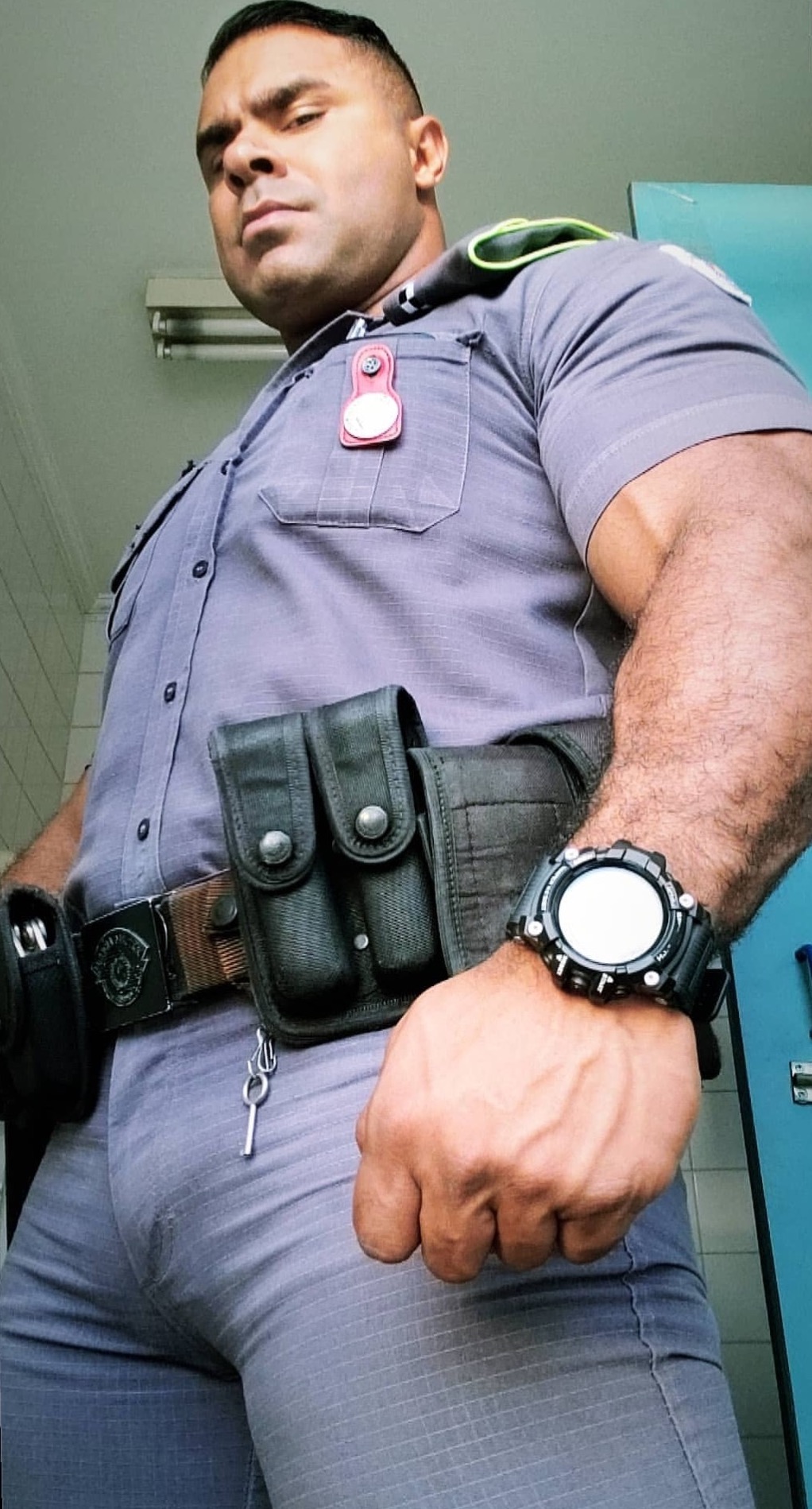






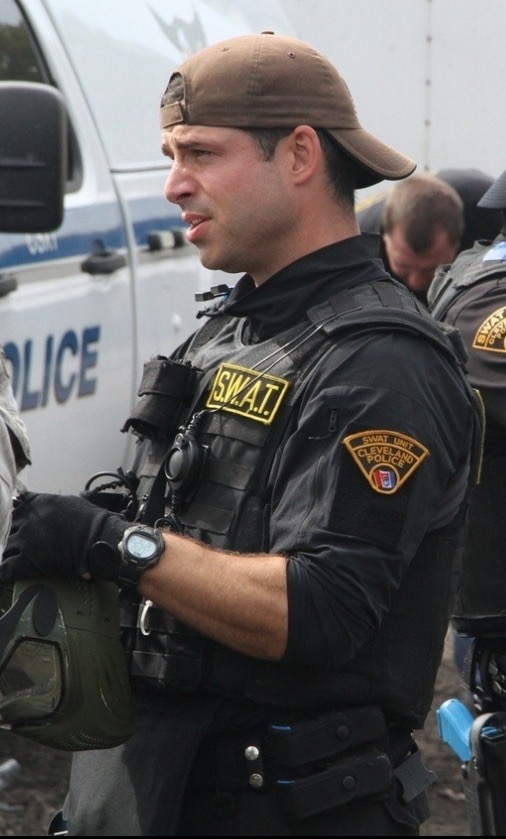
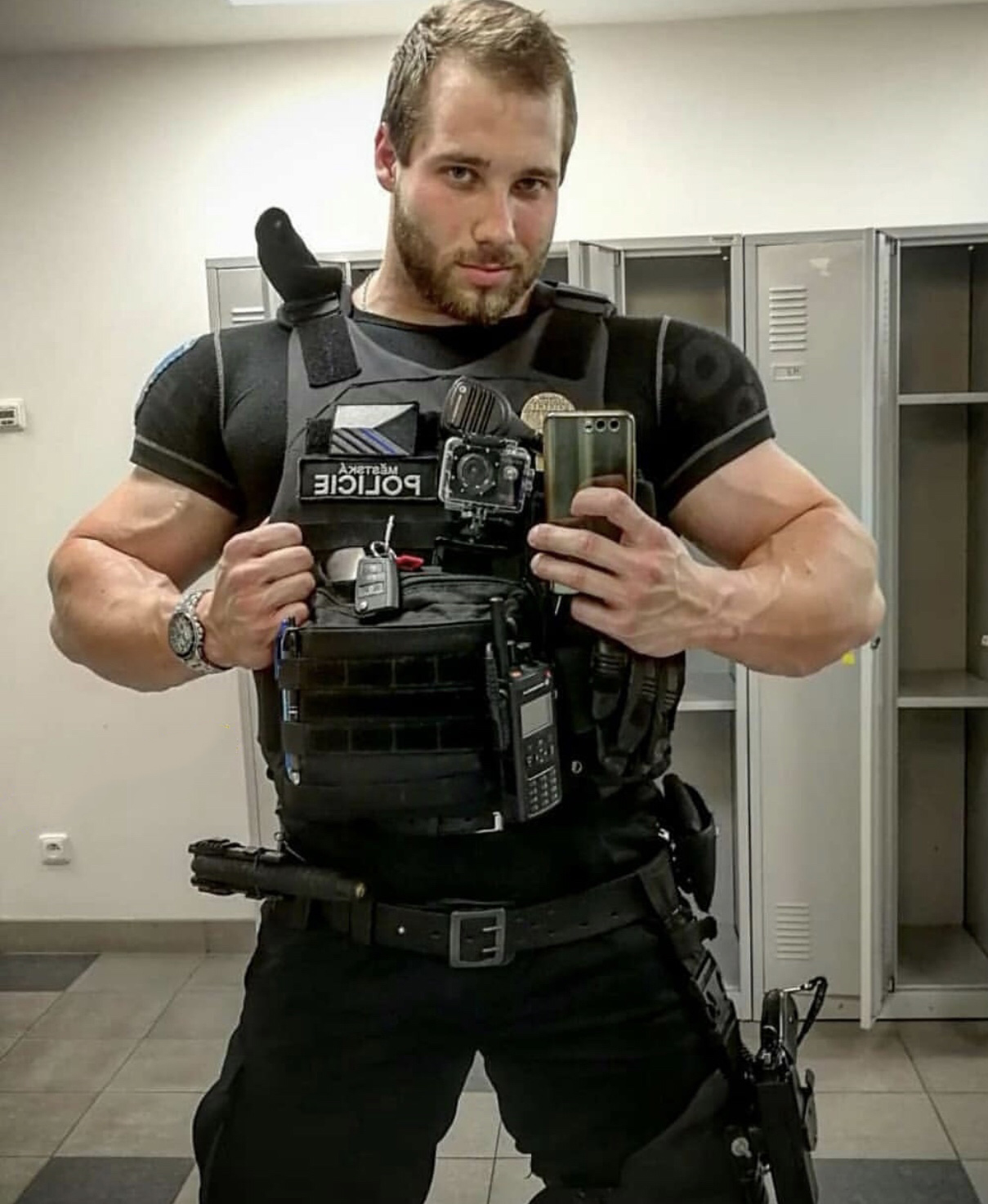




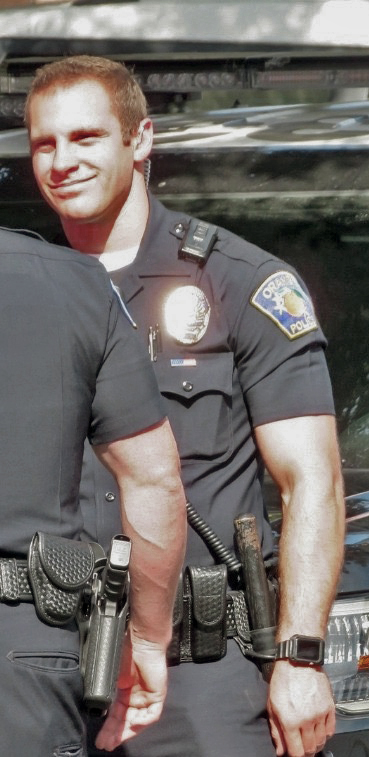





And They Both Need to Get the Chop

365 Days of UNF: Day 154

Quote of the Day
 Let me tell you this: if you meet a loner, no matter what they tell you, it's not because they enjoy solitude. It's because they have tried to blend into the world before, and people continue to disappoint them." ~ Jodi Picoult
Let me tell you this: if you meet a loner, no matter what they tell you, it's not because they enjoy solitude. It's because they have tried to blend into the world before, and people continue to disappoint them." ~ Jodi Picoult
